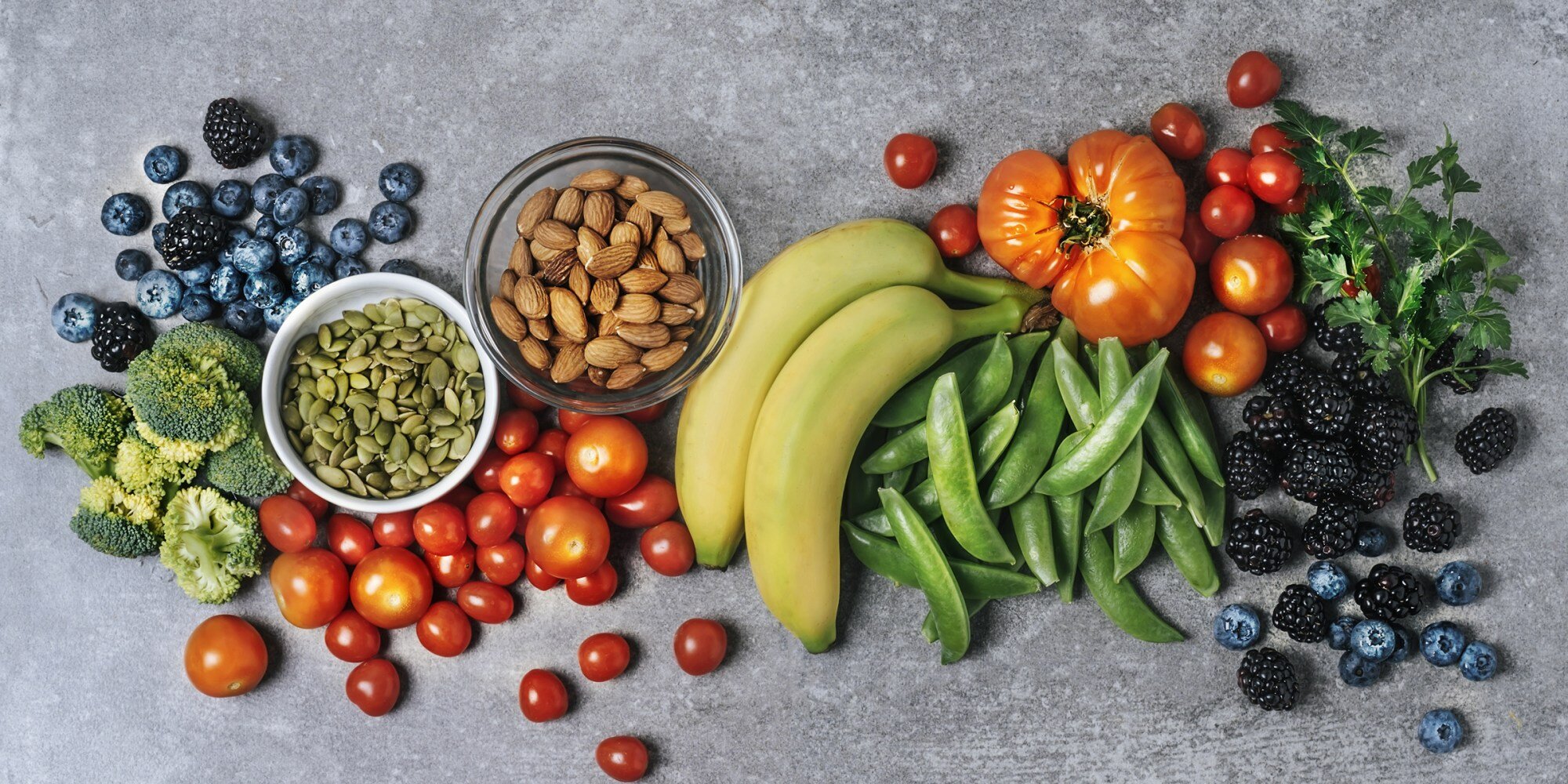
Inflammatory bowel disease anti-inflammatory diet (IBD-AID)
History:
Inflammatory Bowel Disease (IBD) is characterized as chronic inflammation of all or part of the digestive tract. IBD is the umbrella term for two conditions, ulcerative colitis and Crohn’s disease. Ulcerative colitis is an inflammatory process limited to the mucosal layer of the colon categorized predominantly by bloody diarrhea. Crohn’s disease triggers transmural inflammation that can affect any organ of the gastrointestinal tract. Symptoms are more variable of fatigue, prolonged diarrhea, abdominal pain, and weight loss. The clinical presentation of individuals with IBD varies and symptoms may overlap, however, each has distinguishing factors and a different distribution in the body (1). Diet is an essential component in the treatment of IBD. The IBD-AID diet was created by Barbara Olendziki, RD, MPH, LDN, an Associate Professor of Medicine, and the Nutrition Program Director of the Center for Applied Nutrition at the University of Massachusetts (2). This diet is modified from the Specific Carbohydrate Diet with additional emphasis placed on the human microbiome. Research has shown there is a link between IBD patients and an imbalance of gut bacteria. In 2014 Olendziki published a case series study of 11 IBD patients, showing 100% of patients reported improvements in symptoms and were able to discontinue at least one of their prior IBD medications and 9/11 patients did not require anti-TNF therapy. Research on IBD-AID continues to progress however current research indicates the potential for this diet to be used as a therapy for the treatment of IBD.
Purpose:
The IBD-AID diet is intended to restore and create a balanced microbiome for IBD patients. Through good nutrition, consumption of probiotics and prebiotics, and the avoidance of inflammatory-inducing carbohydrates the goal is to induce symptom control and reduce inflammation (3). The goals of treatment are to induce remission, maintain a state of remission, reduce the long-term need for medication, improve quality of life, and improve prognosis (2).
General dietary practices:
Four fundamental components of the IBD-AID must be implemented every day (3):
Probiotics: these are fermented foods such as plain yogurt, kefir, kimchi, miso, sauerkraut, etc. that have live bacteria within them
Prebiotics: These are foods high in soluble fiber such as steel-cut oats, bananas, flax seeds, chia seeds, garlic, onions, chicory root, artichokes, leeks, etc. These foods feed and maintain the good intestinal bacteria, increase the beneficial short-chain fatty acids, enhance stool consistency, and slow gut motility.
Avoid pro-inflammatory carbohydrates such as lactose, wheat, refined sugar, and corn. The mechanism behind this is by avoiding these carbohydrates the bad bacteria will die and help the gut recover.
Promote overall good nutrition by eating a variety of fruits, vegetables, lean protein, healthy fat, and limiting saturated fat.
The diet is structured into three phases (3):
Phase 1 is for people who are actively experiencing IBD symptoms such as a flare, bleeding, pain, or urgency and frequency of bowel movements. This stage emphasizes the modified textures of food. Depending upon personal tolerance foods may be soft-cooked or pureed.
Phase 2 is for people with improved symptoms. It allows for more fibrous foods to be included in the diet that are soft, such as soft-cooked vegetables and pureed beans.
Phase 3 is the remission phase for people who feel stronger and symptoms have subsided. Bowel movements should now be well controlled and uniform. This phase encourages including a variety of foods into your diet while adhering to the fundamental guideline.
Key concerns:
The IBD-AID is relatively new and therefore research continues to progress, however, this diet has shown positive results as an effective treatment approach in IBD patients to manage global symptoms and improve quality of life. Since this diet was created specifically for IBD patients, it is not recommended for the general population. If you do want to consider incorporating the diet's fundamental principles in your lifestyle be sure to check with your doctor before you do so.
Further Resources:
Websites:
**The information presented provides an overview of the diet along with credible resources to refer to in order to learn more. This is not intended to make any dietary recommendations, rather an education tool for our clients.**
Reference:
Inflammatory bowel disease (IBD) - Symptoms and causes. Mayo Clinic. https://www.mayoclinic.org/diseases-conditions/inflammatory-bowel-disease/symptoms-causes/syc-20353315. Published 2020. Accessed July 26, 2020.
Olendzki B, Silverstein T, Persuitte G, Ma Y, Baldwin K, Cave D. An anti-inflammatory diet as treatment for inflammatory bowel disease: a case series report. Nutr J. 2014;13(1). doi:10.1186/1475-2891-13-5
IBD Anti-Inflammatory Diet. University of Massachusetts Medical School. https://www.umassmed.edu/nutrition/ibd/ibdaid/. Published 2020. Accessed July 26, 2020.
